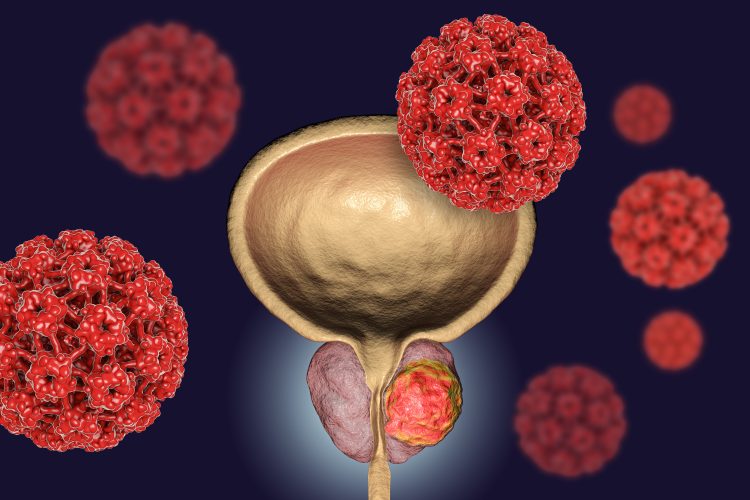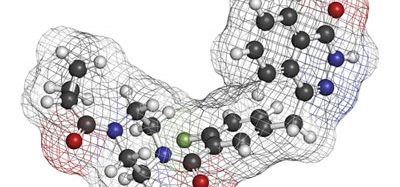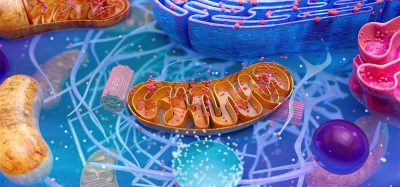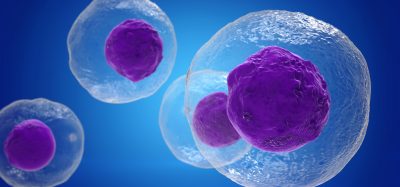Proteogenomic signatures: metastatic prostate cancer risk
Posted: 11 April 2024 | Drug Target Review | No comments yet
Mutation signatures and recurrent copy number alterations correlated with a higher risk for disease progression.


A study presented at the American Association for Cancer Research (AACR) Annual Meeting 2024 showed that certain proteogenomic signatures in the prostate cancers of men of African and European ancestries are associated with higher risk of metastasis and/or recurrence of the disease.
Dr Shyh-Han Tan, associate professor at the Uniformed Services University of the Health Sciences (USUHS) Department of Surgery and scientist at the Henry M. Jackson Foundation (HJF) elucidated: “The advantage of a proteogenomic study is that it can examine both the DNA and proteins to help understand where the errors are occurring. Since every one of us has slight differences in our DNA, this can hopefully lead to a more precise understanding of prostate cancer.”
The team conducted a proteogenomic analysis using early-stage prostate cancer tissue specimens of 57 patients of African ancestry and 55 patients of European ancestry obtained from the Center for Prostate Disease Research (CPDR).
Biomarkers are redefining how precision therapies are discovered, validated and delivered.
This exclusive expert-led report reveals how leading teams are using biomarker science to drive faster insights, cleaner data and more targeted treatments – from discovery to diagnostics.
Inside the report:
- How leading organisations are reshaping strategy with biomarker-led approaches
- Better tools for real-time decision-making – turning complex data into faster insights
- Global standardisation and assay sensitivity – what it takes to scale across networks
Discover how biomarker science is addressing the biggest hurdles in drug discovery, translational research and precision medicine – access your free copy today
“These proteogenomic comparisons can help us bridge the gap in our understanding of why prostate cancer remains more deadly in men of African ancestry”
“The availability of equal access to care in this military cohort was advantageous because it allowed us to limit the socioeconomic factors that might influence patient outcomes and to focus on the genomic and proteomic alterations as a molecular factor in health disparity,” added the lead study author Dr Cara Schafer, assistant professor at USUHS Department of Surgery and HJF scientist. “These proteogenomic comparisons can help us bridge the gap in our understanding of why prostate cancer remains more deadly in men of African ancestry.”
Among the findings were mutation signatures and recurrent copy number alterations (CNAs), as well as increases in protein expression in both cohorts, that correlated with a higher risk for disease progression, as defined by biochemical recurrence (BCR) and/or metastasis following surgery.
For example, expression levels of some proteins associated with risk for BCR and metastasis were differentially altered between the tumours of patients with African and European ancestries. For instance, several NADH: ubiquinone reductase subunit proteins in the oxidative phosphorylation pathway were expressed at elevated levels on tumours from patients of African ancestry. These could be inhibited with drugs like metformin, Dr Tan suggested. Contrastingly, tumours from patients of European ancestry had an increased expression of several apolipoproteins in the cholesterol metabolism pathway.
Also, mutation signatures related to aging were higher in prostate cancer from men of European ancestry, which Dr Tan said is consistent with the older age at diagnosis of this patient cohort. Other findings included more frequent gene alterations in tumours from the European ancestry cohort were found at chromosomes 3p, 17p, and 18q, but in tumours from the African ancestry cohort, more frequent alterations were found at chromosomes 1p, 1q, 3q, 13q, and 19p.
Next, the proteogenomic results need to be compared against publicly available data sets to confirm if the associations the team found will be replicated in a larger set of patients. Verification using preclinical models is also required to find whether prostate tumours with specific gene alterations are sensitive to available treatment compounds.
However, the study has some limitations, which include its comparatively small sample size, an imbalance between the average age at diagnosis of the patients in each cohort, since men of African ancestry in the CPDR clinic tend to be diagnosed at a younger age. Another limitation is that the tumour samples were from patients in the early stage of disease, meaning that the findings do not reflect the more varied mutation profiles seen in late-stage or metastatic prostate cancer.
Related topics
Cancer research, Proteogenomics
Related conditions
Cancer Research, Prostate cancer
Related organisations
American Association for Cancer Research (AACR)








